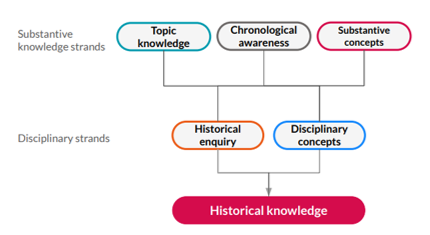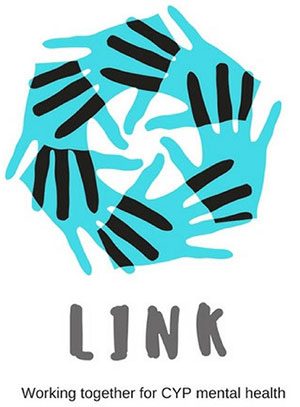Moorlands’ History curriculum aims to inspire pupils to be curious and creative thinkers who develop a complex knowledge of local and national history and the history of the wider world. We want pupils to develop the confidence to think critically, ask questions, and be able to explain and analyse historical evidence.
We aim to build an awareness of significant events and individuals in global, British and local history and recognise how things have changed over time. History will support children to appreciate the complexity of people’s lives, the diversity of societies and the relationships between different groups. Studying History allows children to appreciate the many reasons why people may behave in the way they do, supporting children to develop empathy for others while providing an opportunity to learn from mankind’s past mistakes. Moorlands’ history curriculum aims to support pupils in building their understanding of chronology in each year group, making connections over periods of time and developing a chronologically-secure knowledge of History.
The Moorlands’ History curriculum aims to:
- Inspire pupils to be curious and creative thinkers who develop a complex knowledge of local and national history and the history of the wider world
- Develop the confidence to think critically, ask questions, and be able to explain and analyse historical evidence.
- Build an awareness of significant events and individuals in global, British and local history and recognise how things have changed over time.
- Appreciate the many reasons why people may behave in the way they do and develop empathy for others.
- Develop pupils’ understanding of how historians study the past and construct accounts and the skills to carry out their own historical enquiries.
- introduce them to key substantive concepts including power, invasion, settlement and migration, empire, civilisation, religion, trade, achievements of humankind, society and culture.

The Moorlands’ History curriculum emphasises the importance of historical knowledge being shaped by disciplinary approaches, as shown in the diagram above. These strands are interwoven through all our History units to create engaging and enriching learning experiences which allow the children to investigate history as historians do.
Each six-lesson unit has a focus on chronology to allow children to explore the place in time of the period they are studying and make comparisons in other parts of the world. In EYFS, children explore the concept of history by reflecting on key experiences from their own past, helping them understand that they each have their own histories. Then, they engage in activities to compare and contrast characters from stories, including historical figures, deepening their understanding of how individual lives fit into broader historical narratives. Children will further develop their awareness of the past in Key stage 1 and will know where people and events fit chronologically. This will support children in building a ‘mental timeline’ they can refer to throughout their learning in Key stage 2 and identifying connections, contrasts and trends over time.
In EYFS, History is covered through ‘Understanding The World’. Through this specific area of development the children are guided to understand their own history and the concept of events in time. A wide range of activities to increase personal experience in this area will help children understand their culturally, socially and ecologically diverse world.
The Moorlands’ History curriculum follows the Kapow scheme of work.
Planned Coverage for 2024-25:
As with all subjects, our teachers follow the school Assessment Policy. In History, the expectation is that pre and post assessment and retrieval tasks will be planned into units and individual lessons to provide evidence of progress and of knowledge and concepts from within and across units and Year Groups having been committed to long-term memory.




